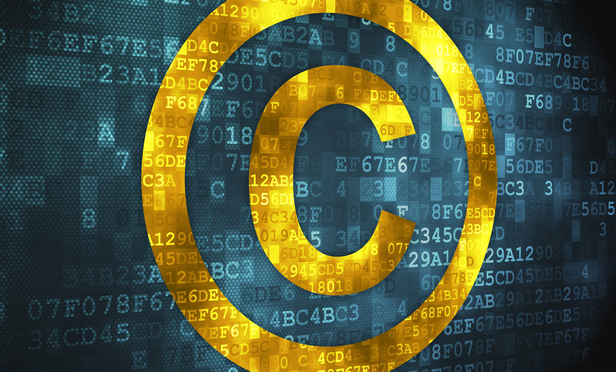Copyright law is a constitutionally guaranteed intellectual property right which protects original works of authorship from being copied, displayed, performed, distributed and adapted by others. Although beneficial, registration with the U.S. Copyright Office is not necessary to secure copyright protection. Instead, copyright automatically attaches to a work once it is fixed so that it can be perceived more than momentarily with or without the aid of a machine. For example, a poem in the mind of its author receives copyright protection only when it is “fixed” on paper or as a computer-readable document.
Copyright law protects a wide range of works, including books, articles, poetry, websites, movies, videos, video graphics, photographs, paintings, sculptures, software, dance choreography, sheet music, recorded musical performances and architectural plans. However, to receive copyright protection, such works must be original and reflect at least a modicum of creativity. For instance, a work reciting only factual data such as phone numbers and addresses will not receive copyright protection, but copyright will protect an original short story or article about an already-much-published historical event.
This content has been archived. It is available through our partners, LexisNexis® and Bloomberg Law.
To view this content, please continue to their sites.
Not a Lexis Subscriber?
Subscribe Now
Not a Bloomberg Law Subscriber?
Subscribe Now
LexisNexis® and Bloomberg Law are third party online distributors of the broad collection of current and archived versions of ALM's legal news publications. LexisNexis® and Bloomberg Law customers are able to access and use ALM's content, including content from the National Law Journal, The American Lawyer, Legaltech News, The New York Law Journal, and Corporate Counsel, as well as other sources of legal information.
For questions call 1-877-256-2472 or contact us at [email protected]



